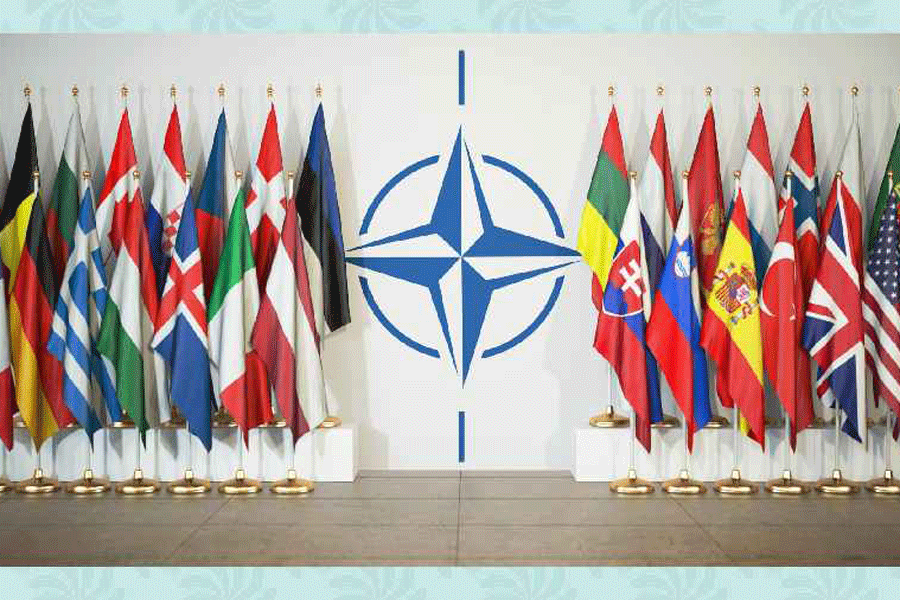The NATO summit in Vilnius, Lithuania, last week marked a milestone for the United States of America-led military alliance as it laid the ground for its expansion amid Europe’s biggest conflict since World War II. Yet, it offered no roadmap for actually ending the war that started with Russia’s full-scale invasion of Ukraine in February 2022. Vladimir Putin’s war has served as a boon for the alliance, attracting new members, helping paper over internal differences and opening up new theatres where NATO could play a role. All of this was visible in Vilnius. Traditionally neutral Finland had already joined the grouping since the start of the war. Last week, Turkey, which had previously objected to Sweden’s candidature, dropped that opposition, paving the way for Stockholm to join soon. Indeed, the conflict and Turkey’s role as a mediator between Russia and Ukraine — while clearly choosing Kyiv's side — have strengthened its standing among fellow NATO members that were earlier critical of some of Ankara’s policy choices. Meanwhile, the war has made European nations like Germany dramatically increase their defence budgets, calming tensions over that matter with the US. The alliance is increasingly setting its eyes on Asia too. In its declaration at the end of the summit, NATO referred to the West’s concerns over China; NATO, reportedly, might soon open a liaison office in Tokyo.
So what does all of this mean for the world and for India? NATO certainly appears more united and ambitious than before the war. But a greater role for the grouping in the Indo-Pacific could escalate tensions in a region that is far from NATO members and represents India’s extended neighbourhood. New Delhi, which has also deepened its ties with NATO in recent years, must stay wary. The war in Ukraine should serve as a poignant reminder. In Vilnius, individual NATO members and the G7 promised continued security support to Ukraine. But the grouping made it clear that Ukraine could not join while the war is on. That disincentivises peace for Russia since Moscow does not want Ukraine in NATO. The alliance has effectively placed Kyiv in a bind: it must accept NATO choices in order to receive the weapons it needs to defend itself, even though those decisions are also bleeding Ukraine. The message is clear: NATO prefers someone else fighting its wars to getting its hands dirty. That works for NATO. It does not work for the world.










